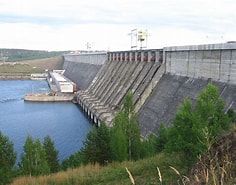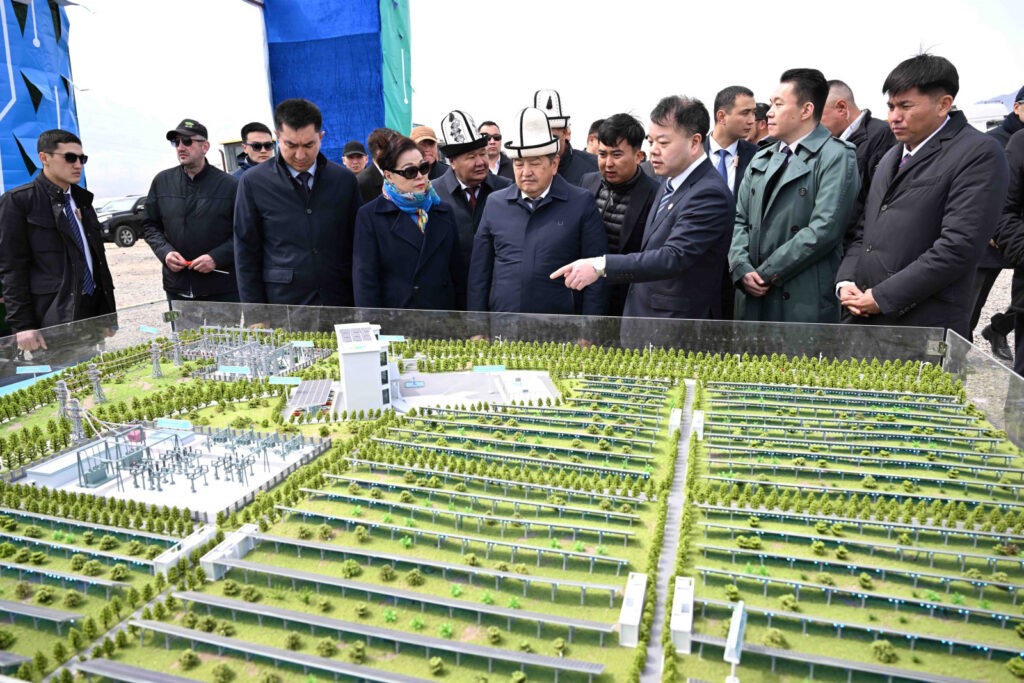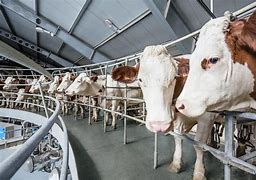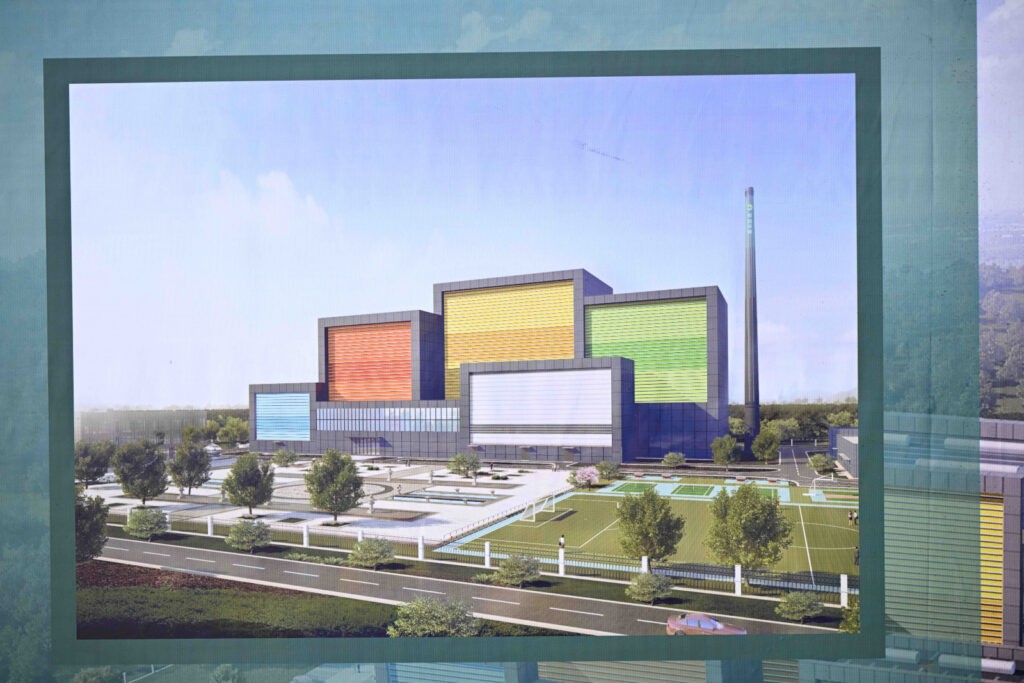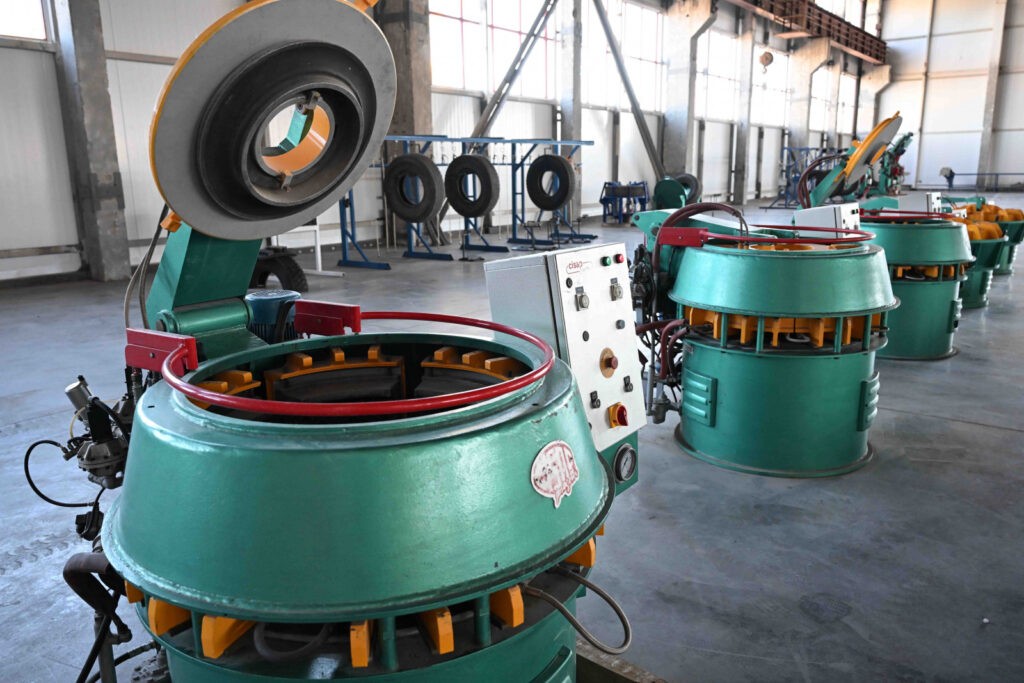TikTok Users Struggle to Access App after Kyrgyzstan Announces Restrictions
Kyrgyzstan is restricting access to TikTok. The Ministry of Digital Development sent a letter to internet providers, asking them to block the TikTok social media platform, local media has reported. The ministry cited the network´s failure to comply with a law designed to “prevent harm to the health of children, their physical, intellectual, mental, spiritual and moral development.” The ministry said it took action after receiving a memorandum from Kyrgyzstan’s State Committee for National Security about TikTok, whose owner is the Chinese firm, ByteDance. Users reported “difficulties and interruptions” in using TikTok, which was still accessible via some providers, the 24.kg news agency reported on Thursday. Opponents of the restrictions on video-based TikTok say it is part of a clampdown on free speech and other basic rights in Kyrgyzstan. They note that the authorities arrested some journalists in a separate case, and the parliament passed a law tightening control over non-governmental groups that get foreign funding. In the wake of this, the George Soros funded, Open Society Foundations, which claims it has spent more than $115 million on projects in education, public health, criminal justice, supplying water to rural communities and other areas since it opened in 1993, said earlier this week that it was closing down its Kyrgyz branch. Government officials in Kyrgyzstan started to move against TikTok last year, saying that some social networks were having a negative effect on children. The U.S. Congress is also fast-tracking legislation that would ban TikTok unless ByteDance sells its stake, with a vote due on Saturday. There are concerns in the U.S. that the app could share user data with the Chinese government; TikTok has said it is owned by a private company and doesn’t share such data.



